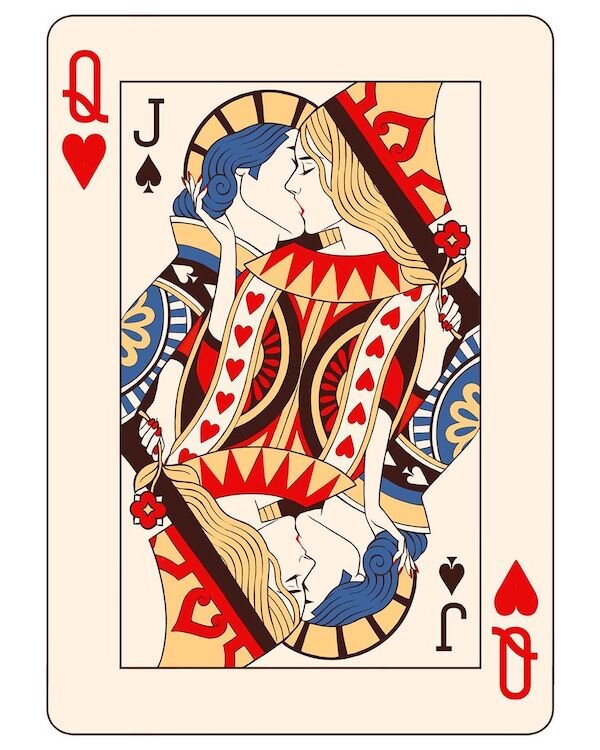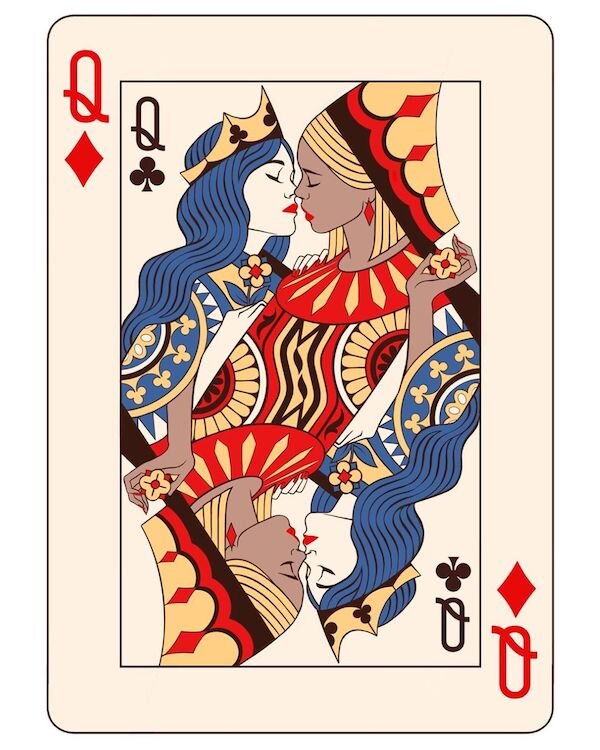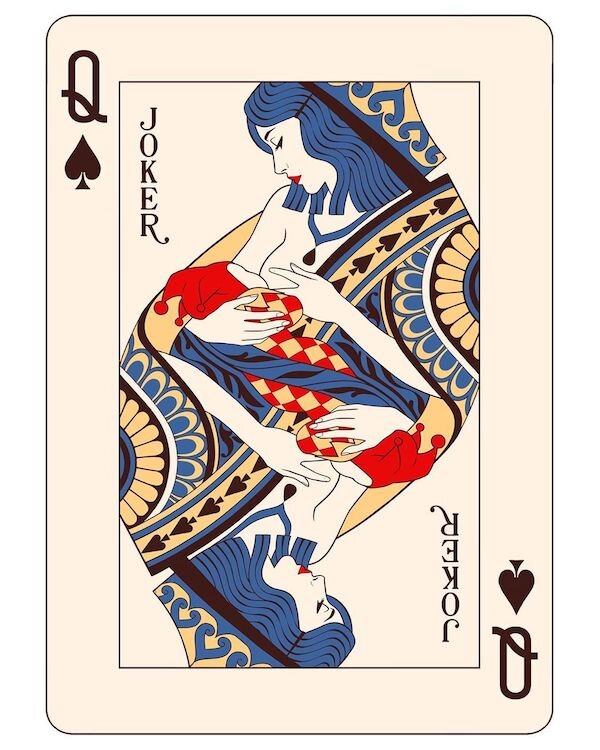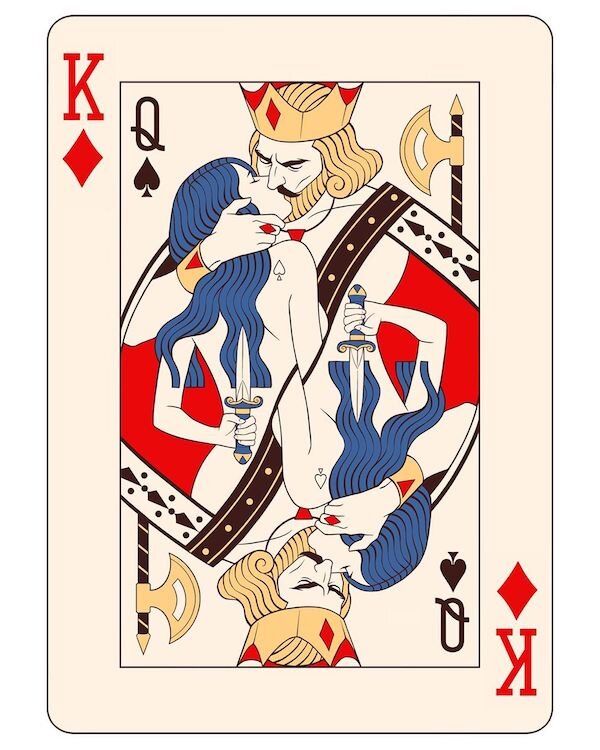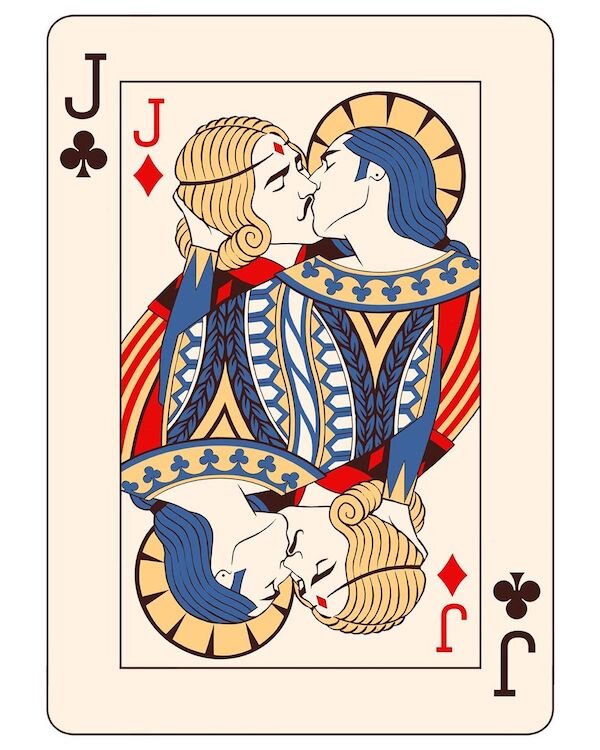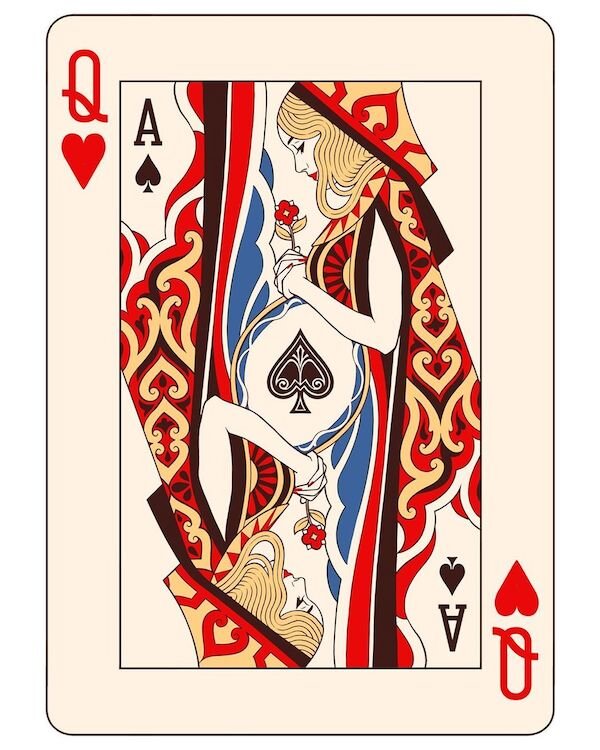You can read the first part of the story in last Sunday’s post.
So, I was living in NYC and needed to find a way to make some money fast so I could move out of the 24 square foot “hotel room” I was living in.
I was just out of college, with a fairly worthless degree, so the answer wasn’t: go find a good paying job. The jobs available for people my age with my background were all entry-level jobs that didn’t pay much. That type of job might provide me enough to scrape by in the city once I was settled in an apartment somewhere. But it would take way too long to accumulate the lump sum I needed to get into an apartment in the first place.
In a moment, I’ll tell you what I did. But first, think how you would attack the problem. Let’s say asking someone else for money wasn’t on the table and you wanted to make a few thousand dollars quickly without doing anything illegal or risky and you had no marketable skills.
The method I came up with required no skills and was essentially guaranteed money. There was really no risk. It’s not the sort of thing where I scraped together $500 and then placed it all on red at the casino and hoped to win and double it three times in a row. The system I came up with wasn’t risky. And it didn’t take advantage of anybody.
Sorry. I’m dragging this out a little. And the reason I’m doing that is because you’re all people who read a magic blog and thus probably have an interest in magic and puzzles and those sorts of things. So I’m setting this up like a puzzle for you. I’m telling you the conditions to see if you can think of a way to accomplish what I was trying to accomplish.
Okay, here’s what I did.
The first thing that came to mind was street performing. I thought of Penn and Teller and the stories I read about how when Penn was a street performer he was making a fortune passing the hat after juggling.
But Penn was a master juggler and has a street performer’s mentality. I was not and did not.
But thinking about Penn was the first thing that steered me towards coming up with a way to make money from a large group of people, rather than trying to find a job or employer to pony up a large amount of money when I didn’t have much to offer in return.
I never considered doing magic on the street, that wasn’t even an option for me. That time was a lull in my interest in magic. And even if it hadn’t been, performing for large groups of people was never really something I had any interest in. And performing for just a couple random people at a time seemed even worse. I had seen some sad schmucks come up to people on the subway and force a magic trick on them in hopes of getting a buck or two in return. That seemed beyond depressing to me.
I didn’t want to guilt people into giving me money. I wanted them to be happy to give me money. But people are only happy to give money to really talented performers.
Could I come up with a situation where people would be excited about giving an average performer money?
I could, and I did.
Here’s how it worked.
First, I bought a ukulele. This was before the ukulele renaissance and before hipsters picked them up. This was back when they were still something of a novelty instrument. I have an uncle who played ukulele, and I had played around with one enough to know I could pick up enough chords to strum a few songs with just a couple of hours of learning.
But a neophyte ukulele player was not going to make a lot of money. People will tip good musicians playing on the street or in the subway, but for me to be out there with my average singing and below average playing, that wasn’t going to work.
So I thought, what would make me want to tip a ukulele player even if they weren’t that good?
Well, if they were playing a song I really liked, then I’d probably tip them, even if it wasn’t a masterpiece of a performance.
So I spent a lot of time thinking of what would be a song that a lot of people would like. What’s the most widely appealing song? But I couldn’t come up with anything.
So my next idea was that I would learn 100 or so songs that used simple chords and I would be like a human jukebox and I’d have some sort of placard where people could select a song and I’d play it for them. And that way I would pretty much guarantee that at the very least the people who chose the song would tip me.
But that might just be one couple on a subway car. They might be happy to pay, but it wasn’t going to translate into that many more tips from everybody else. Plus I didn’t like the idea of approaching people and coercing them into picking a song and all that. I needed to find a situation that would be the equivalent of walking onto a subway car and playing a song that everyone in the car wanted to hear.
And that’s when my plan came together.
So if you were on the streets in January of my first year in NY, this is what you might have seen: Me, walking down the street strumming my ukulele and gently singing a song.
🎵I may not always love you
But long as there are stars above you
You never need to doubt it
I'll make you so sure about it
God only knows what I'd be without you🎵
I’d sing and walk until I came upon a group of people congregating on the sidewalk. I’d finish up the song for them and get some polite applause and maybe a couple bucks.
I’d notice they were at the end of a line. “What’s this line for?” I’d ask. “A new sneaker being released tonight or something?”
“No,” they’d say, “we’re waiting to buy tickets for a concert.”
“Oh yeah? What concert?” I’d ask.
“Savage Garden,” they’d say. Or some other group of the era.
“Oh, cool. Stay warm… Oh wait… I know a Savage Garden song… I think. Wait.. how does it go….” I’d pluck a few random strings and then stumble my way into “I Knew I Loved You Before I Met You.” And they would freak out. Here was this guy, walking down the street in winter, playing this instrument that most people hadn’t seen in person at that point. And he just happened to know one of their favorite songs!
But it wasn’t just a favorite song of that group of people. That group was standing at the back of a line of 100, 200, maybe 500 people who all loved this song.
I would traverse the line singing the song and the crowd would go bananas for it. You have to keep in mind, it was a different world then. This was 20ish years ago. We were still some time away from being able to see a performance of any song you like any time you want on your phone. So finding a street musician playing a song you know and love—a modern song, not some old standard—was much more impactful at that point than it might be now.
More often than not, the line of people would join in and sing along. There was a truly festive, joyful feeling in the cold winter air. I’d finish the song to raucous applause and bright smiles. And then it was pass the hat time. And I’d strum the song gently and walk down the line again and collect my tips and my appreciation for bringing that moment to them. After five minutes work, I’d walk away with a few hundred dollars, easily. At the very least I’d average $1 per person in line, but often more than that.
Of course you realize this was no accident. I didn’t just stumble across this location and happen to know a song. This was my benevolent scam to get me out of the flop house I was living in.
Because I was seeing so much live music myself, I had learned the venues where lines would develop of people either waiting to get into shows or to purchase tickets. I’d scour Time Out New York to see what concerts were coming up and when they were happening or when the tickets were going on sale. Once I had identified a good option, I’d go to an internet cafe and search for the chords to one of the band’s songs and transcribe them into a spiral notebook. Then I’d spend a little time committing the song to memory.
The big change in my thinking that allowed this to come together was when I went from trying to find a song that a random group of people would like, and instead trying to find a specific group of people who I could be certain would all love a given song.
People waiting in line for tickets or early entry to a show are rabid fans. You don’t have to be an expert singer or instrument player to satisfy them. They’re just happy that you, apparently, like the same thing they do. And they’re going to tip you because you’re “kindred spirits” or because tipping you is a demonstration of their fandom for the music you’re playing.
In a matter of weeks I had made 1000s of dollars running this ploy about 15 times. It was enough money to get myself into an apartment and hold me over for a few weeks while I had time to search for a proper day-job that was a good fit for me and had the potential for growth (as opposed to just jumping on the first opportunity that presented itself).
When I first came up with the ukulele scam I thought, “Hell, I’ll just keep doing this forever!” Unfortunately, two things happened that shut it down much faster than I had expected. First, I got at least one copycat who started doing the same thing, and I realized there would just be more and more of that if people saw me making $200 in a few minutes. And the second thing that happened was one night a person in line recognized me from another time they had been in line a few weeks before. And I could tell they were sort of bummed that what they thought was a spontaneous moment of serendipity was likely something I had planned all along. I realized that too was bound to happen more and more if I continued to pull this ruse. And I felt bad spoiling the memory of this jubilant, communal experience that I had created for them.
So, sadly, other than some rare exceptions when I was in a real bind for money, that was the end of my street performing career.







